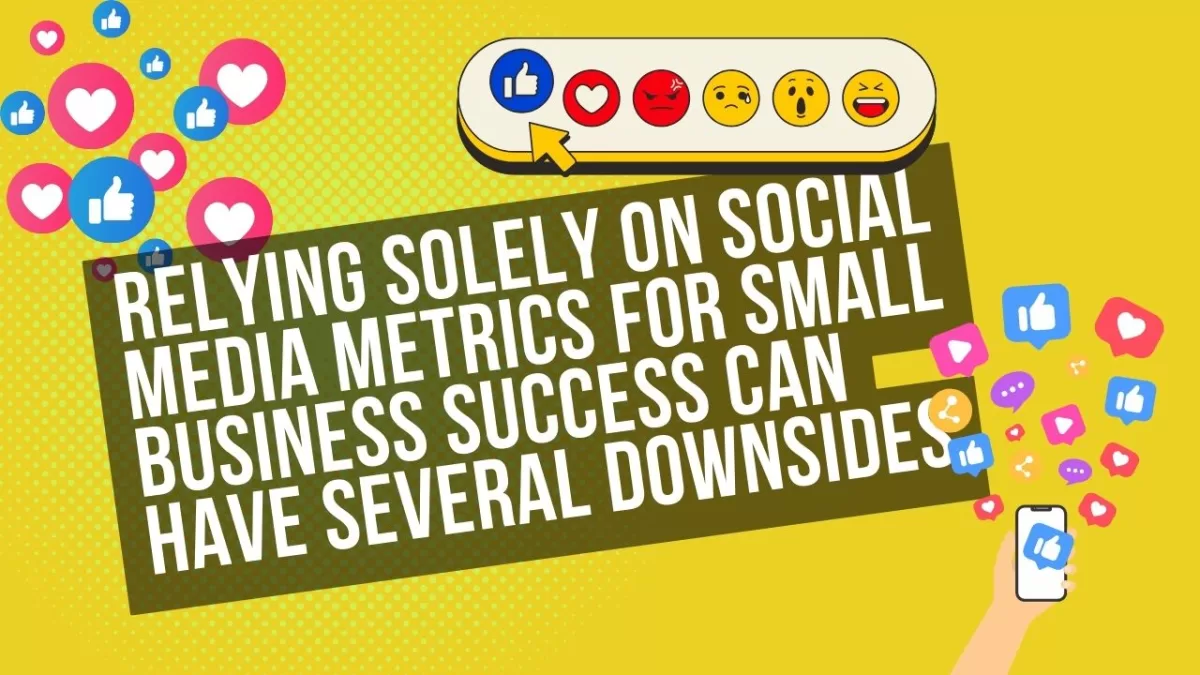- Superficial Engagement: Social media metrics like likes, follows, and impressions can create an illusion of success. However, these metrics do not necessarily reflect meaningful engagement or conversions. A high number of likes or followers does not guarantee that those individuals will become paying customers or actively engage with your business.
- Lack of Control: Social media platforms have control over the algorithms that determine the visibility of your content. Changes in these algorithms can significantly impact the reach and visibility of your posts. Relying solely on social media metrics means putting your business’s fate in the hands of these platforms, which can be unpredictable.
- Limited Targeting: Social media platforms provide targeting options to reach specific demographics, but they may not always be as precise or effective as other marketing methods. By solely relying on social media, you may miss out on potential customers who are not active on those platforms or who may not fit within the platform’s targeting capabilities.
- Platform Dependency: Relying solely on social media metrics means relying on the platforms themselves. If a platform shuts down or changes its policies, it can have a significant impact on your business’s online presence. Investing all your efforts into social media without diversifying your marketing channels can leave your business vulnerable to sudden changes or disruptions.
- Shallow Customer Relationships: Building meaningful customer relationships requires more than just social media metrics. It involves direct communication, personalized messaging, and ongoing engagement. While social media can facilitate initial contact, nurturing deeper connections often requires channels like email marketing, which provide a more personalized and direct approach.
In summary, relying solely on social media metrics for small business success can lead to superficial engagement, lack of control, limited targeting, platform dependency, and shallow customer relationships. It’s essential for small business owners to diversify their marketing strategies and prioritize other elements like website optimization, email marketing, and valuable content creation to achieve long-term success.

